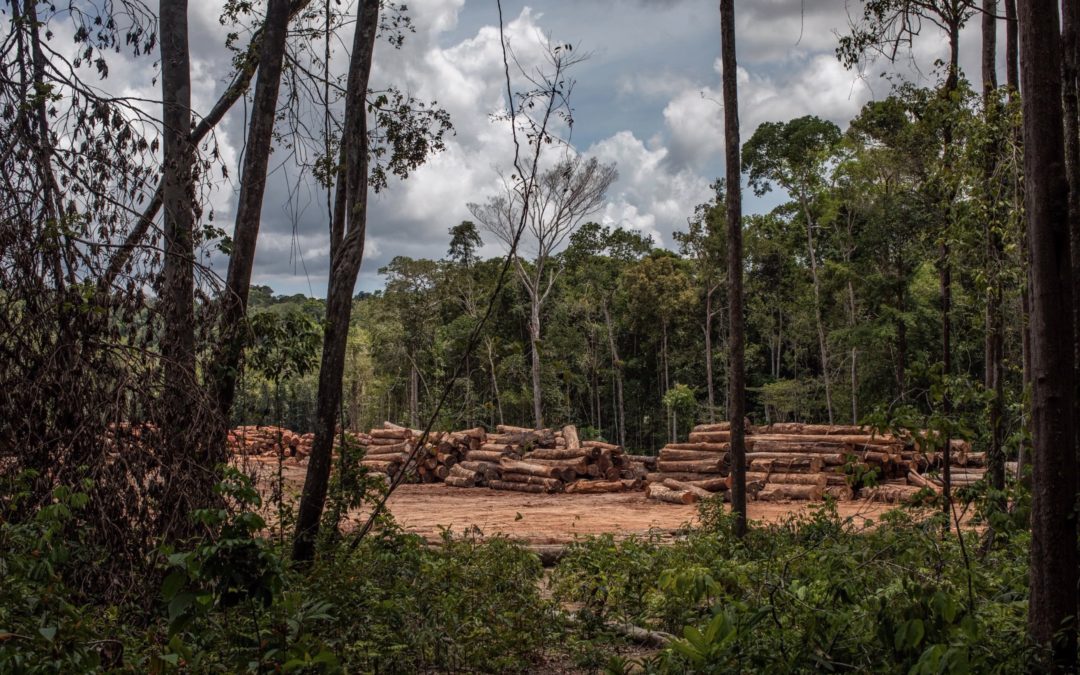SOURCE: New York Times
DATE: December 5, 2019
SNIP: When the smoke cleared, the Amazon could breathe easy again.
For months, black clouds had hung over the rainforest as work crews burned and chain-sawed through it. Now the rainy season had arrived, offering a respite to the jungle and a clearer view of the damage to the world.
The picture that emerged was anything but reassuring: Brazil’s space agency reported that in one year, more than 3,700 square miles of the Amazon had been razed — a swath of jungle nearly the size of Lebanon torn from the world’s largest rainforest.
It was the highest loss in Brazilian rainforest in a decade, and stark evidence of just how badly the Amazon, an important buffer against global warming, has fared in Brazil’s first year under President Jair Bolsonaro.
He has vowed to open the rainforest to industry and scale back its protections, and his government has followed through, cutting funds and staffing to weaken the enforcement of environmental laws. In the absence of federal agents, waves of loggers, ranchers and miners moved in, emboldened by the president and eager to satisfy global demand.
Deforestation soared, up almost 30 percent from the year before.
“It confirms the Amazon is completely lawless,” Carlos Nobre, a climate scientist with the University of São Paulo, said of the data. “The environmental criminals feel more and more empowered.”
He warned that the Amazon may soon cross a tipping point and begin to self-destruct. “Law enforcement has reached its minimum effectiveness in a decade,” he said. “It is a worrying warning for the future.”
Agribusiness, always a force in Brazil, gained even more economic and political power: It now represents nearly a quarter of the country’s G.D.P., and the Amazon region supports soybean farms, gold and iron ore mines and ranches holding more than 50 million cattle.
These industries found an ally in Mr. Bolsonaro, a far-right, pro-business lawmaker before he shot to the presidency last year. His government, Ms. Silva said, “is not fighting to preserve environmental governance.”
The push into the Amazon has also been driven by demand from abroad. Every year, Brazil exports nearly 15 million tons of soy, much of it to China, and more than $6 billion worth of beef — more than any other country in history. Cattle ranches account for up to 80 percent of deforested land in the Amazon, according to the Yale School of Forestry and Environmental Studies.

